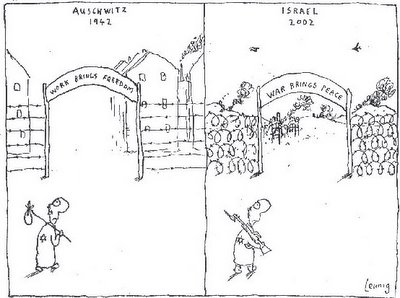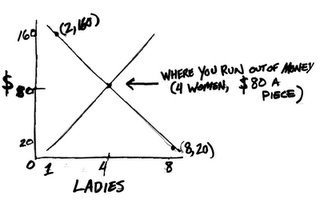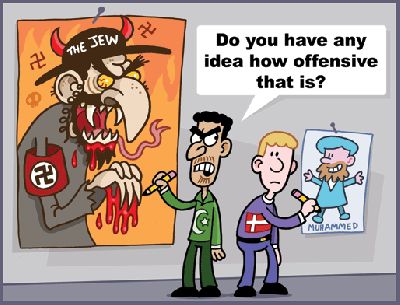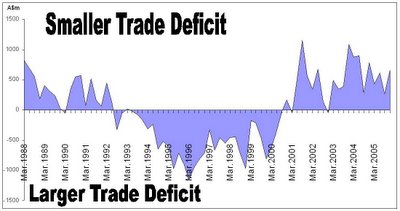
The last two movies I had paid to see were Cinderella Man and
For the record, I was opposed to seeing it. The film’s tagline (courtesy of the IMDB) was “Love is a force of nature.” The Godfather, Blackhawk Down, Coach Carter, Gandhi, A Beautiful Mind (damn you Denzel and damn you Academy), Top Gun and a movie “based on the E. Annie Proulx story about forbidden and secretive relationship between two cowboys and their lives over the years” seems like a likely collection of favorite films.
I’m not homophobic. I don’t have any gay friends per se, but that’s more a product of statistical likelihood than a conscious effort. My understanding of homosexuals stems completely from their affectionate portrayal on Sex and the City, Oz and when I mistakenly flick onto Queer as Folk for those unfortunate 0.3 milliseconds. Why would I be scared of homosexuals (except for, understandably, the ones on Oz), most of them are a size 6. A story about the “forbidden and secretive relationship between two” anythings (with the exception of perhaps space pirates) would have turned me well off. But I went and saw nonetheless.
Independently of the gay element, the movie is a snore, its slow, too long, predictable, uninteresting and an outright bore. The characters are detestable, and the story has been told and retold time and time again.
Adding gay to the hype, adds nothing to the story, but has admittedly put bums on seats and will probably score it an Oscar. (I’m writing about gays, and have just used “bums,” “score” and a guy’s name in the same sentence without making a joke. I’m above that.) The story has been done with heterosexual couples who are “too young and too old,” white and black, white and Hispanic, white and Asian, and between Yankee and Mets fans. A and B want to be together, but society, stigma or responsibility keeps them apart. The only difference in Brokeback is that A and B are Adam and Bob.
The two main characters, played by Heath Ledger and some guy from Jarhead, come from miserable unloving families. They grow up in poverty in an era before the Sopranos, and suffer from extensive emotional abuse. This all happens before they hit their mid-twenties, and realize that they’re both gay. While camping, and with the sheep all rustled up, they kill the time by, to quote from the film: “stemming the rose.” Because they live in the backward-redneck-hick-Christian-non-Hollywood-states of
When the two met, Heath’s character had, by his own admission, barely spoken a word in a year, and guy from Jarhead had suffered from one too many Rodeo-induced head traumas. You can hardly say that the counterfactual for them living in a tolerate society with queer norms and a population growth problem would have meant that these two would have ended up happy and fulfilled.
Granted, there was (and is) an unfortunate amount of intolerance suffered by the gays. I can’t for example write this simple blog without mentioning the phrase “Velvet Mafia” (phew- I was wondering on how to work that in). But the movie comes across as a little (a lot) preachy and surprise surpise, anti-South. What first and foremost keeps these two apart, is not the anti-gay rednecks of the South, but their own responsibilities to their families. Heath’s character has a wife and two young girls. Guy form Jarhead has a son (who should have been in the film so much more) and a wife of his own. For them to run off to a ranch on their own, would mean breaking up both families, leaving them to fend for themselves. Secondly, they’re both unlikable miserable jerks anyways. Thirdly, their relationship was based on nothing but boredom (how ironic, that this is the premise for their relationship when the movie is so exciting).
You think instead of turning to each other for warmth on that cold winter’s night up the mountain, they had just taken another look at one of the sheep, then they’d be happy?
True, without family commitments, with personalities and a foundation for their relationship, they’d probably be killed, if not further isolated from their communities. But that in itself is systemic of the era the movie was set, not necessarily its Southern location. Instead, we’re left with the impression, that they’d be happy if it weren’t for just the Southern rednecks.
I’m not surprised that the critics who dumped on the equally-boring Passion of the Christ loved this film. I guess then, if you want to watch a movie that unnecessarily picks on the South and don’t mind a little gay lovin’, then this film is for you. Personally, I’d say save your $15 and just turn on the ABC.


















